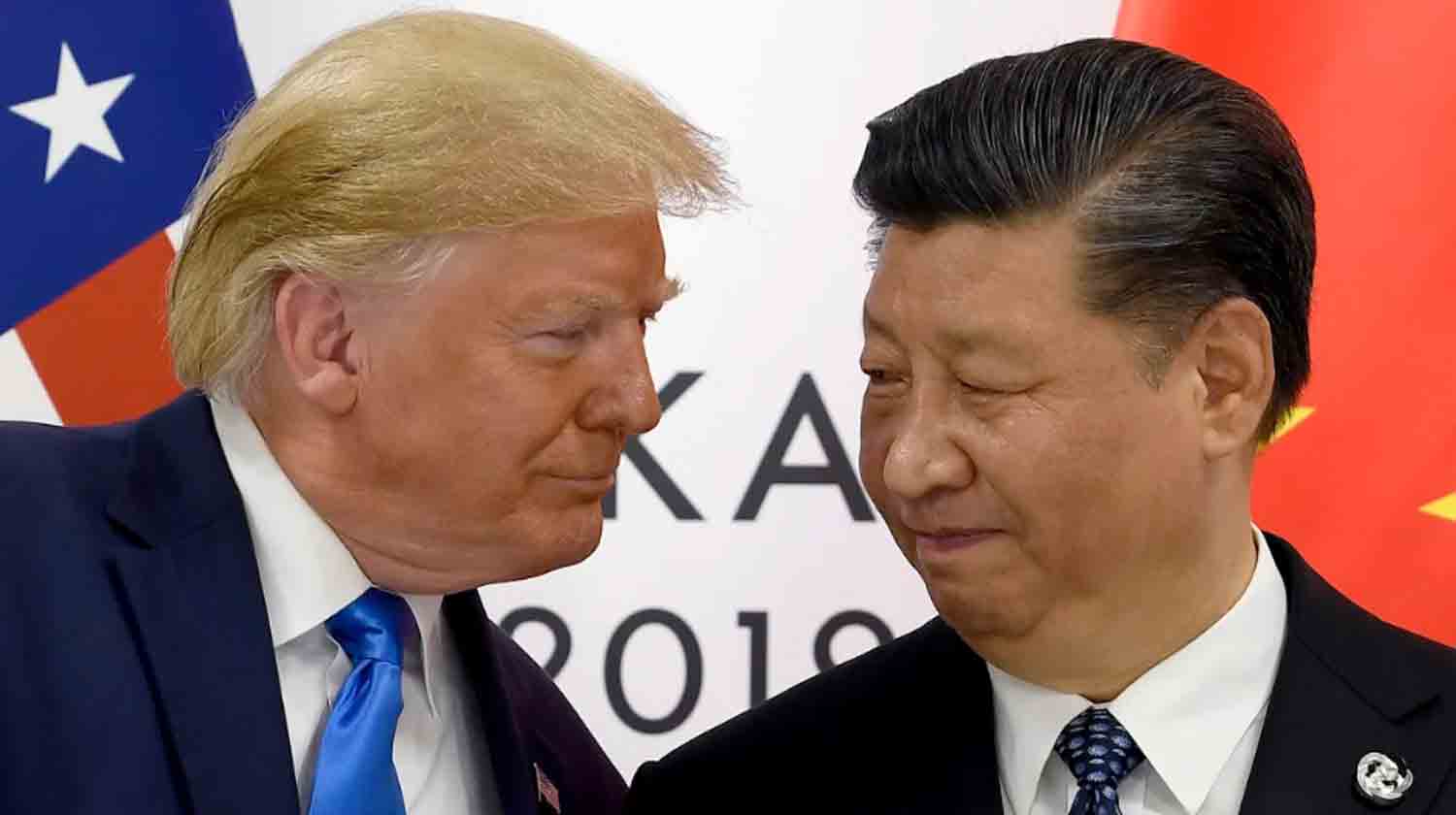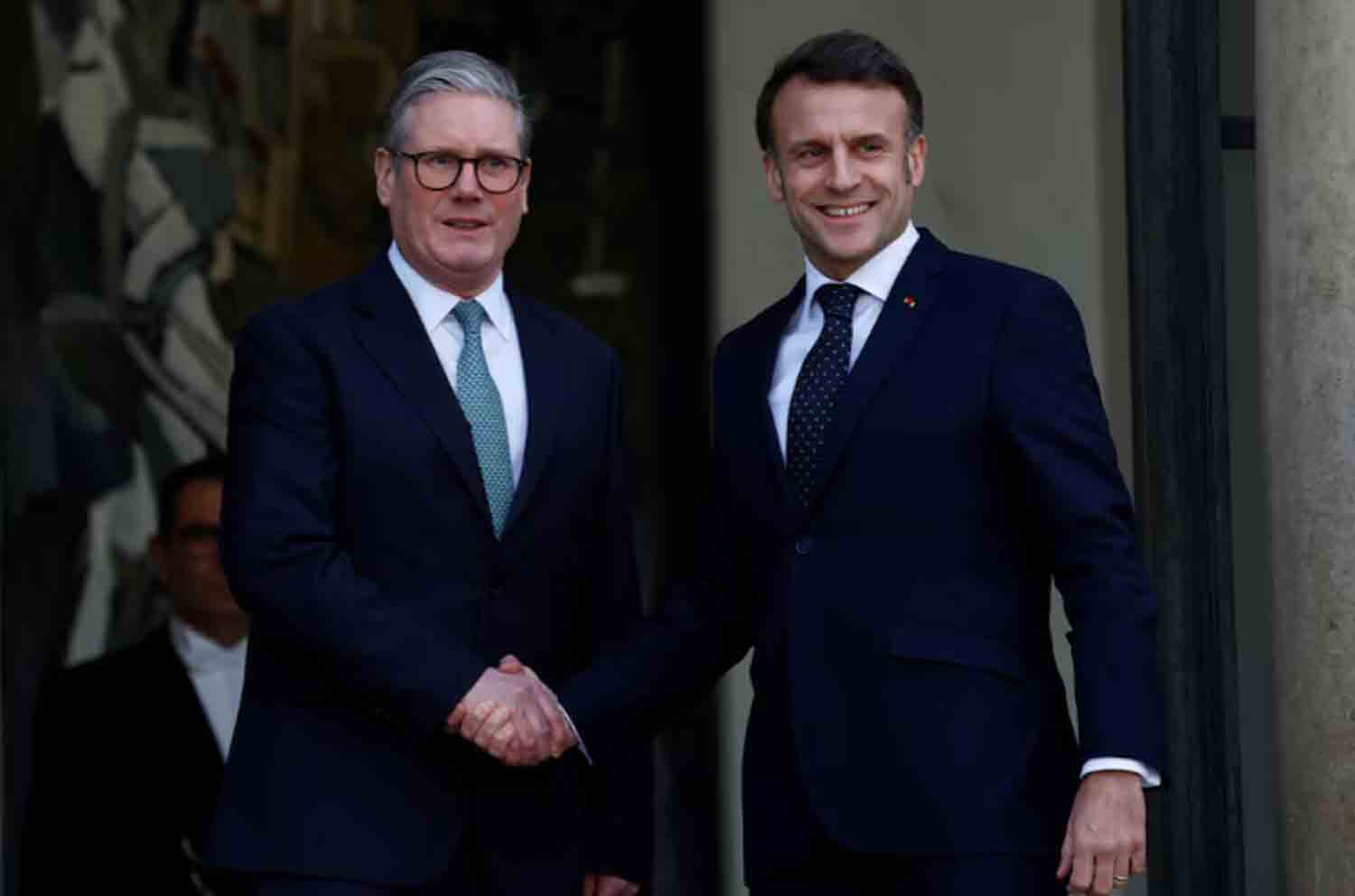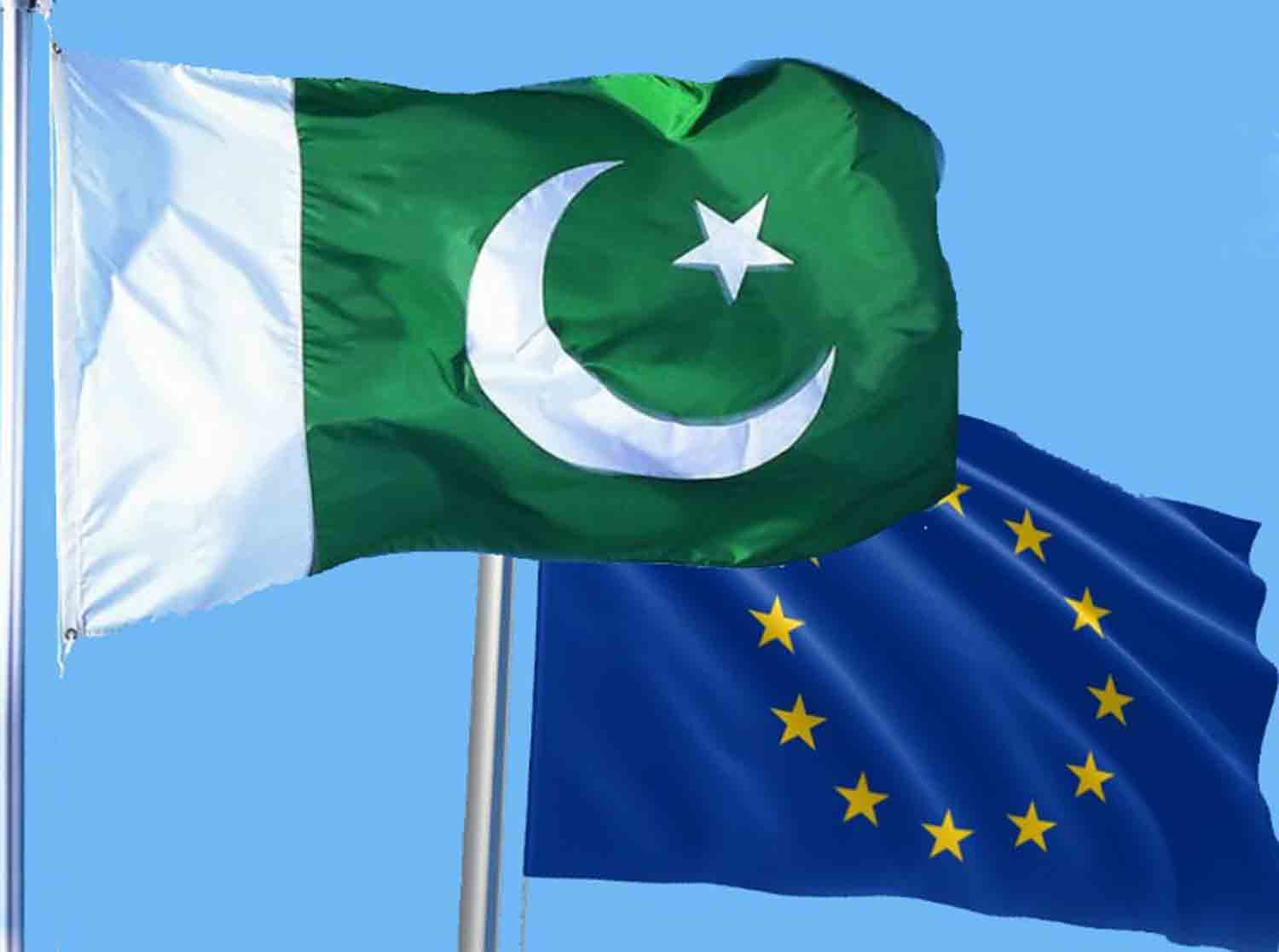Over the past three years, China has consistently expressed its intention to serve as a mediator in the ongoing conflict in Ukraine. This has included various diplomatic efforts by Beijing’s envoy, who has engaged with nations ranging from South Africa to Indonesia. Additionally, China has proposed a peace initiative in collaboration with Brazil, formed a coalition of “friends for peace” among developing countries, and even suggested deploying Chinese peacekeepers to Europe.
However, during a recent meeting in Saudi Arabia between Russian and U.S. officials, Chinese President Xi Jinping was absent, opting instead to engage with technology entrepreneurs in Beijing.
China’s strategic focus is evident: it aims to revitalize its economy and negotiate with U.S. President Donald Trump to avert another detrimental trade conflict. While Beijing aspires to be recognized as a global peacemaker, it seeks to achieve this without incurring significant costs or risks, particularly those that could jeopardize its relationship with Moscow, which is crucial for its energy needs.
China’s top diplomat, Wang Yi, emphasized this point at the Munich Security Conference, stating that without Russian gas, China would struggle to meet its energy demands safely. Observers noted that this remark highlighted China’s reluctance to leverage its substantial gas imports from Russia—approximately 23 billion cubic meters annually—as a means to exert pressure.
With limited involvement in the Ukraine negotiations, China has redirected its attention to trade and economic matters. Xi has instructed Chinese officials to analyze Trump’s trade policies and formulate responses to his initial tariffs and threats, according to sources familiar with the situation. Furthermore, China has intentionally moderated the rhetoric of its foreign ministry spokespeople to maintain the possibility of a favorable agreement with Trump, as reported by several individuals interviewed for this article.
The group comprises individuals well-versed in the perspectives of the Chinese government, including diplomats and analysts based in Beijing. Most of them requested anonymity due to their lack of authorization to speak with the media. The Chinese foreign ministry has not yet provided a response to a request for comment.
IN PRIVATE DISCUSSIONS
This week, Trump surprised the global community by initiating peace talks directly with Russian President Vladimir Putin, excluding Ukraine and Europe from the discussions. He made concessions prior to the negotiations and referred to Ukraine’s President Volodymyr Zelenskiy as a “dictator,” attributing blame to him for the invasion that Putin commenced in February 2022. During a conference in Munich, Wang emphasized the necessity for “all stakeholders,” including European nations, to participate in the negotiations.
European diplomats acknowledged that while Wang’s overture was a positive sign, it fundamentally failed to address a critical concern that Europe has been raising with China for several months: its indirect financial support of the war through energy purchases and backing of Russia’s military-industrial complex, which China disputes.
Noah Barkin, a senior adviser at Rhodium Group specializing in China, noted that Wang was representing European interests due to China’s apprehension about being excluded from postwar reconstruction efforts. “While Europe and China do not share aligned interests, both parties are keen to prevent this from becoming an agreement forged solely by Trump and Putin in secrecy,” he remarked.
Diplomats also downplayed the idea that Trump’s swift engagement with Putin could weaken Xi’s “no-limits” partnership with Russia. “This is wishful thinking. Such a notion overlooks the profound coordination, exchanges, and intimacy between the leaders,” stated a senior European diplomat. “Russia is heavily dependent on China; they are unlikely to jeopardize their relationship with Beijing simply because Trump made a phone call.” Despite having largely overlooked Ukrainian diplomats in Beijing over the past three years, granting few meetings and engaging in minimal substantive discussions, sources indicate that China has recently shifted its approach towards Europe.
Recent observations by several diplomats indicate an increased willingness from China to interact with European diplomats in the past few days. Notably, Beijing has sent experienced diplomat Hua Chunying to Brussels, according to two sources familiar with her visit.
The relationship between Brussels and Beijing has been strained, particularly as the European Union raises concerns regarding market access for European firms, the significant trade deficit, and China’s excess manufacturing capacity.
However, despite this heightened engagement, China has not made any concessions on these matters or taken significant actions, as many diplomats believe that the 10% tariffs imposed by Trump on Chinese imports were merely an initial move. “I have not observed any indications that China is ready to alter its trade policies or its stance on Russia to foster a closer relationship with Europe,” stated Barkin. “Beijing likely perceives Europe as being in a vulnerable position right now, making concessions seem unnecessary.”
Discover more from Defence Talks | Defense News Hub, Military Updates, Security Insights
Subscribe to get the latest posts sent to your email.





